A north-east travel agent is marking a major milestone this year having adapted its business half a century ago to work around the oil boom.
Munro’s Travel in Aberdeen was 70 years old in 1973 and has been shaping its 21st Century strategy around the global energy sector ever since.
Fifty years ago the partners introduced Munro’s Commercial Division, Scotland’s first purely commercial travel office, to cater to a new breed of clientele.
Managing director Murray Burnett said: “In the early 1970s, the average Munro’s customer was wearing a headscarf and Crimplene dress or a kipper tie and corduroy.
“But in 1973, that all changed as our ‘new’ clients appeared in stetsons, cowboy boots and with big attitudes to match. Oil had arrived in town.
“Prior to that, our customers were almost exclusively leisure travellers booking holidays or cruises. We also facilitated travel for those emigrating to faraway lands.”
The partners, including Murray’s father Jack Burnett, realised the existing business model where travellers booked and paid early and rarely cancelled wasn’t going to fit.
“The brash new clients, many of them Texans, were different. They wanted the highest levels of service, last minute bookings, lots of changes and to pay on account. It turned how our business operated on its head,” said Murray.
“Munro’s moved from a relatively sedate pace of service during office hours for our leisure customers to a fast, frenetic model where business was only guaranteed if we could provide round-the-clock service.
“Paying on account was also new. Our leisure travel had always been paid up front, so this was all new territory.”
The impact of the oil industry on Aberdeen was highlighted in last month’s BBC Alba documentary When Oil Came To Town.
Workers classed as international staff for oil giants had employment packages that included travel for their families several times a year and Munro’s handled it all.
“But this was 50 years ago, before the internet, mobile phones and GDS (Global Distribution Systems, which use real time inventory for flights, hotels, car hire) which we can access from anywhere at any time.
“The most high-tech equipment we had was the Telex machine. For every booking we had to pick up the phone and call each individual airline then handwrite the ticket… and do it all over again if there was a change or cancellation.”
In 1973, Munro’s was approached by Aberdeen Journals about organising a trip for local businesses to OTC, an oil exhibition in Houston and the links created last to this day.
The first trip of 20 travellers involved a 20-hour journey with lots of connections, including at Prestwick and New York and soon 400 people were heading out for OTC annually.
In 2003, the Mayor of Houston declared May 5 to be Munro’s Tourist Agency/Press and Journal Day in recognition of the 5,500 delegates for whom they had handled travel arrangements and also to mark Munro’s 100th year in business. Tony Blair also sent a letter of recognition.
Fifty years on, Munro’s is still a leader in tech for global travel and one of the UK’s largest independent travel agents with a turnover of £30 million.
For more information visit www.munrostravel.com
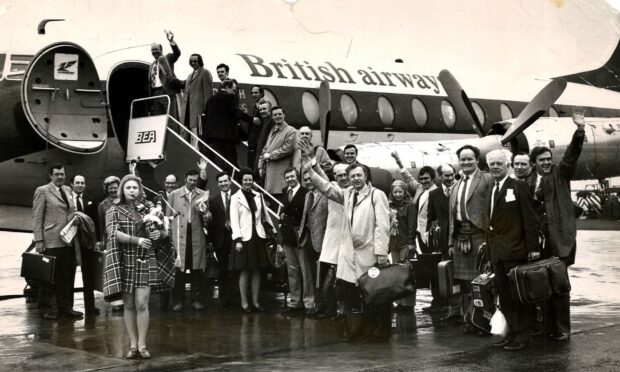

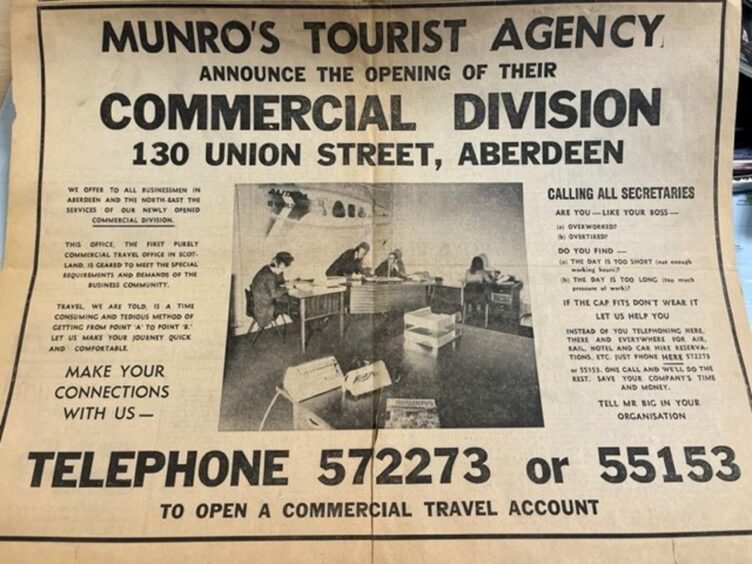
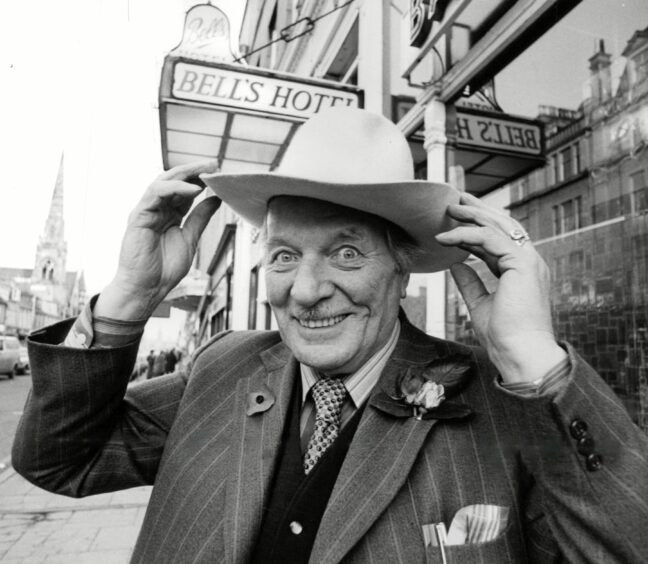
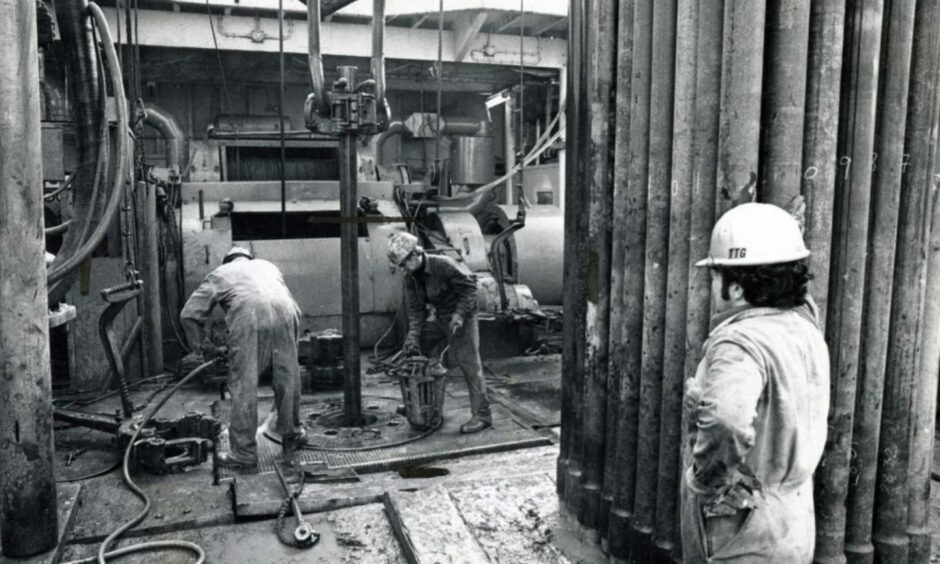
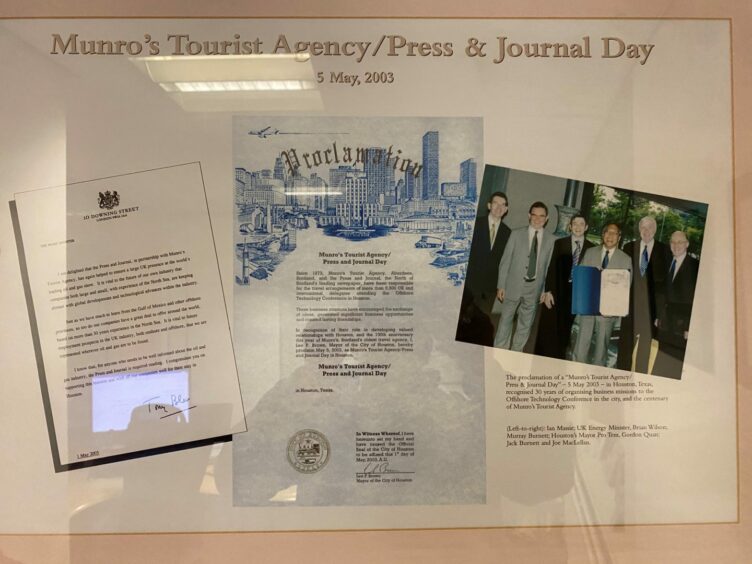





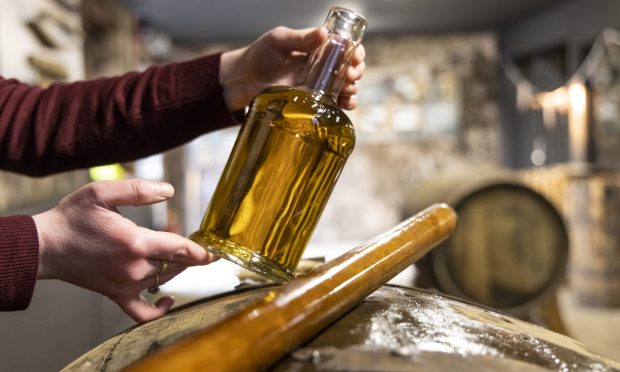
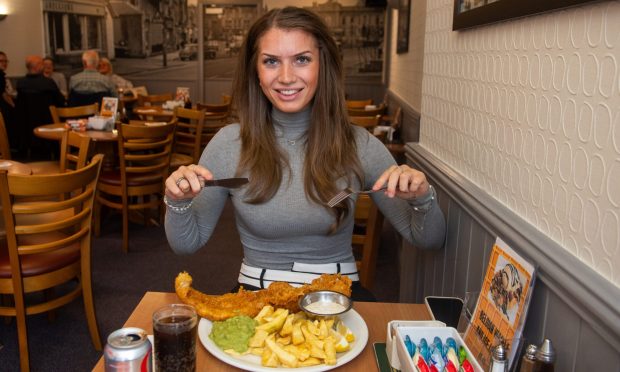


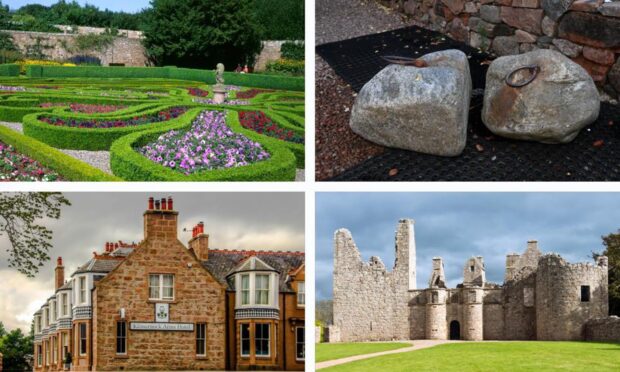
Conversation